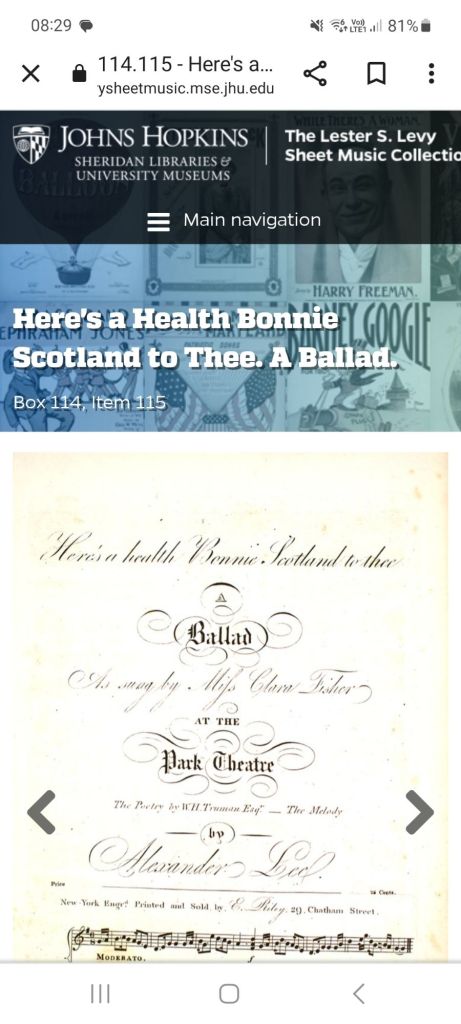Tracking Irish Emigrants from Cork to USA and London
My third audio book just came up as a new publication when I logged onto Audible. Its title appealed to me. Additionally, since my own [in-the-pipeline] monograph touches upon emigration in the nineteenth and early twentieth centuries, then if Clair Wills’ book touched upon that, I was definitely interested.
Clair Wills, Missing Persons, or, My Grandmother’s Secrets (Penguin Audible, 2024)

The book describes the author’s extensive efforts to find out more about illegitimate births in her own Irish family; the adults involved, and the secrecy surrounding what had happened. The scandal of the Irish mother-and-baby homes during the twentieth century is naturally a significant focus, but the author also examines the part of the Irish Catholic Church; the local authorities; adoption; single mothers; questions of respectability and inheritance; of shame; of emigration (to America, and to England); of stigma and suicide; along with changing attitudes towards the end of the twentieth century. Since I’m neither Irish nor Roman Catholic, I was sure it would be informative – and it was.
It’s a moving, and multi-faceted narrative. Just when I was beginning to ask myself, ‘So, if the mother-and-baby homes were a twentieth century scandal, what happened before that?’, Wills explains how things gradually changed from the second half of the nineteenth century into the early twentieth, along with the political changes. The unbearable tragedies for the mothers and babies were too many to enumerate, but we’re reminded that the outcome for a young Irishman fleeing to life as an itinerant labourer in England was hardly what any young adult man would have hoped for, either.
Did any of this have any bearing on my own research? Not really, except to provide me with some statistics about emigration from Ireland that were far higher than I had imagined – and I already knew they were high. Moreover, my own musicological research really only requires me to say, ‘There was a lot of emigration from the Highlands and Ireland, usually for work.’ After all, I write about national songbooks, and their appeal to emigrants. If I was going to give more detail, I could, I suppose, add, ‘and sometimes, especially in Ireland, to make a fresh start where an illegitimate pregnancy made it expedient for either party.’ But to be honest, songs about missing your homeland – or even your sweetheart back in the old country – aren’t likely to go into specifics about babies born in inconvenient circumstances.
However, reading Audible books during a period of forced inactivity, doesn’t mean they have to be connected with research. It’s an unaccustomed luxury to listen to books for hours on end, and I’d recommend this one. I have six more titles lined up, but I don’t think I’ll start them today. I like to let the memory of one sink in, before beginning another.





